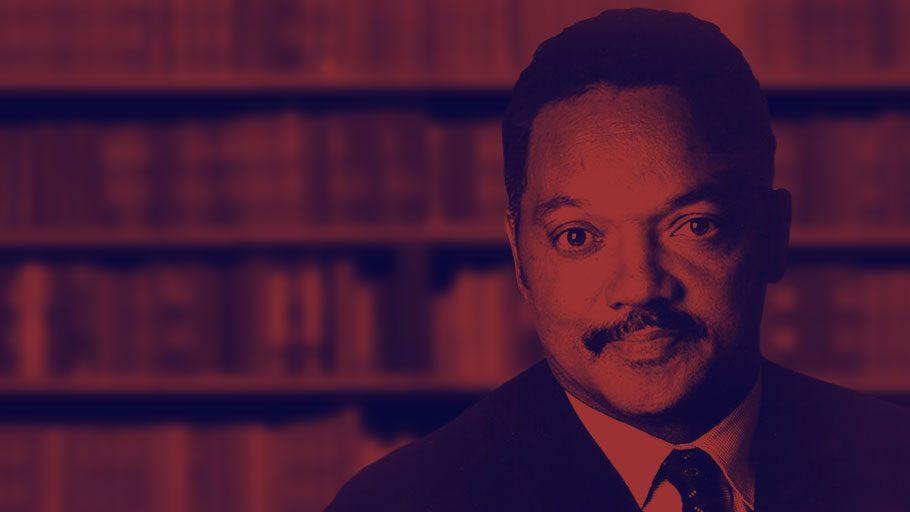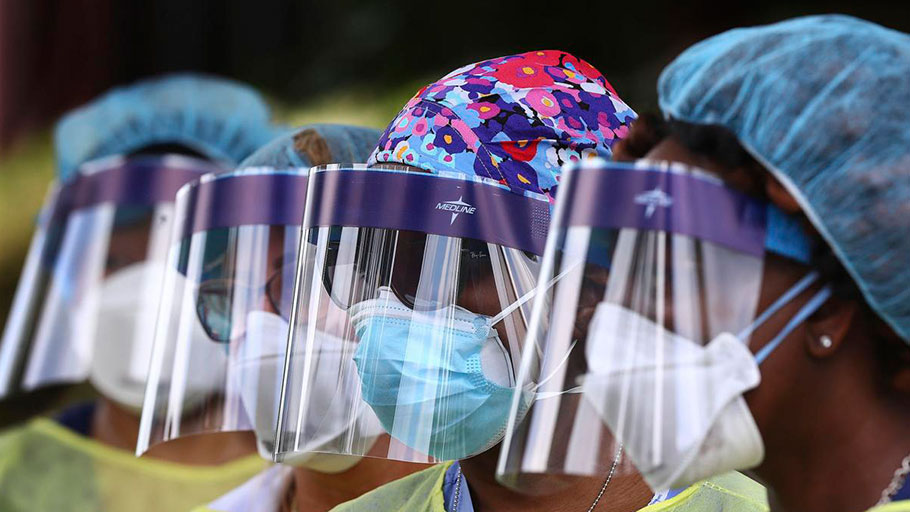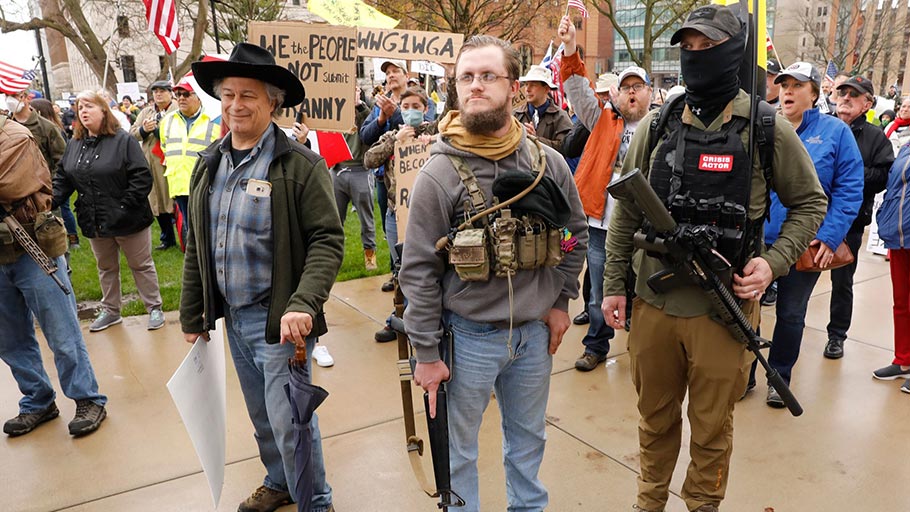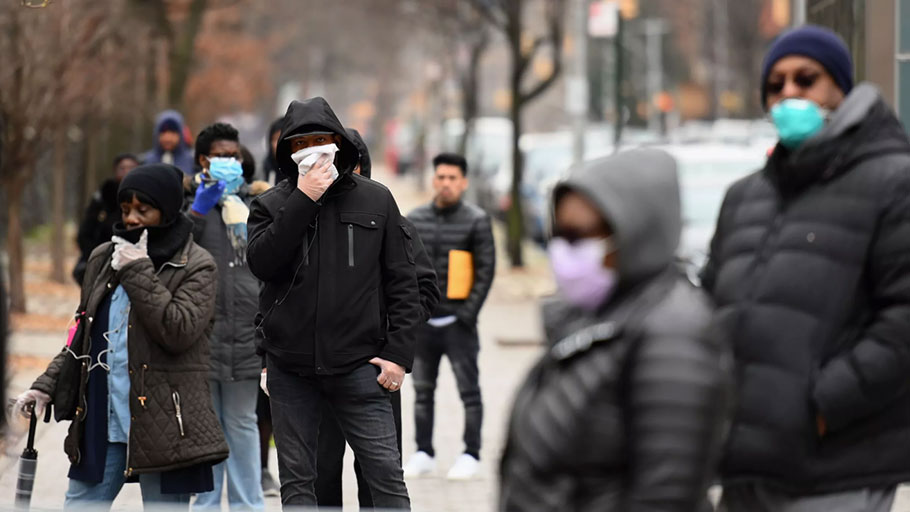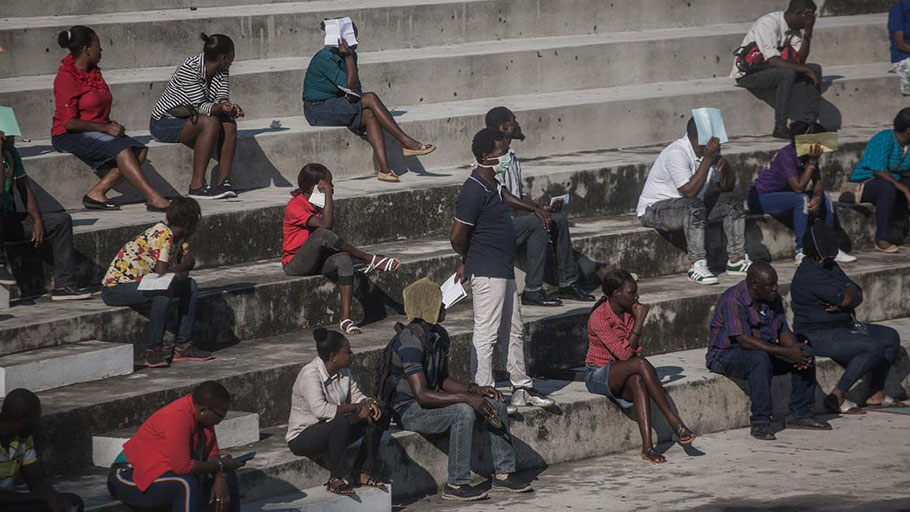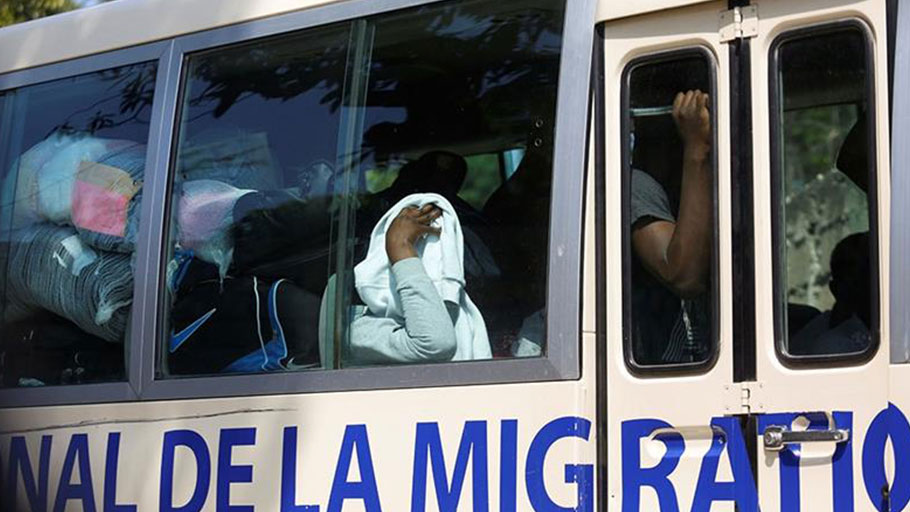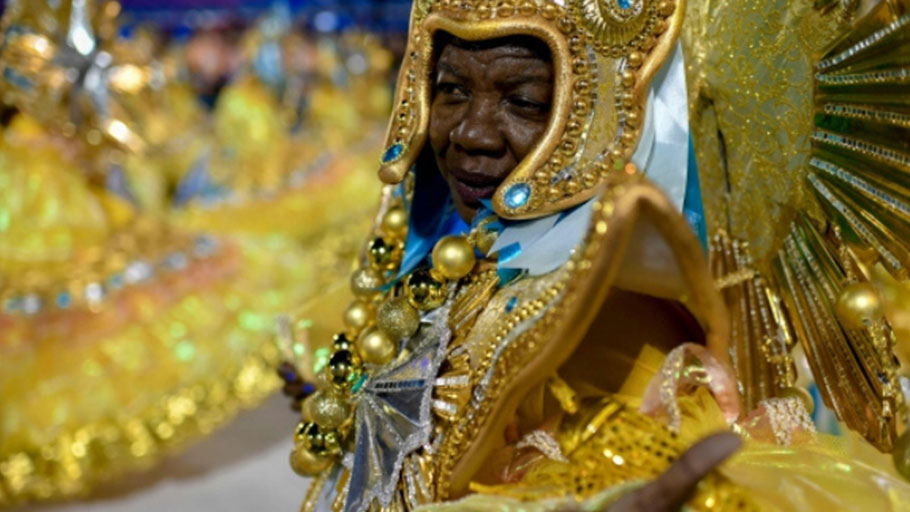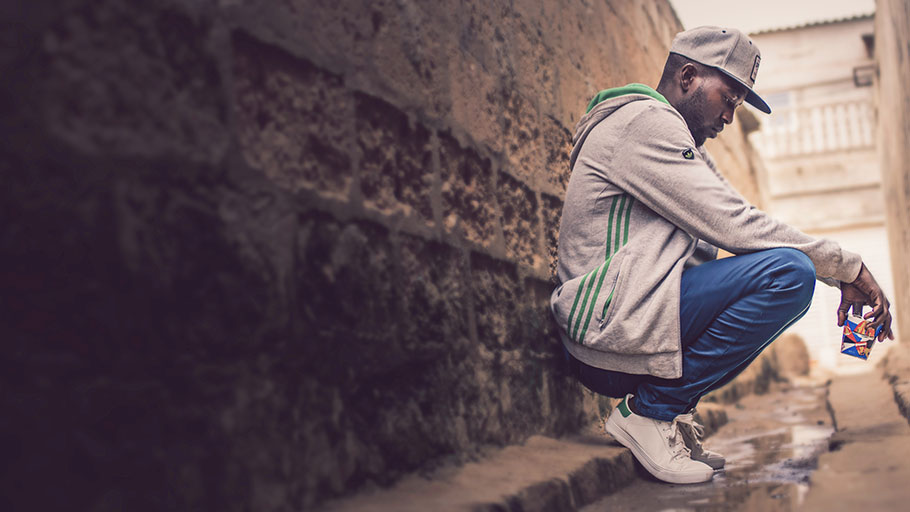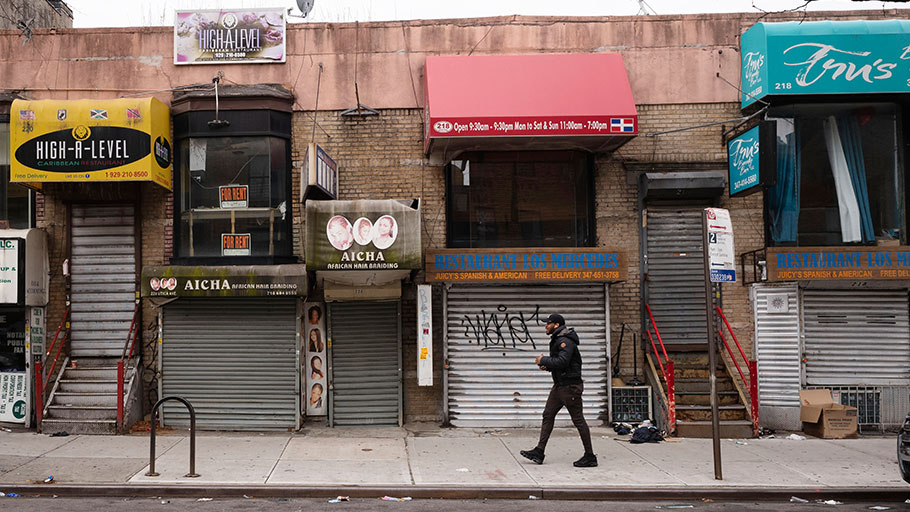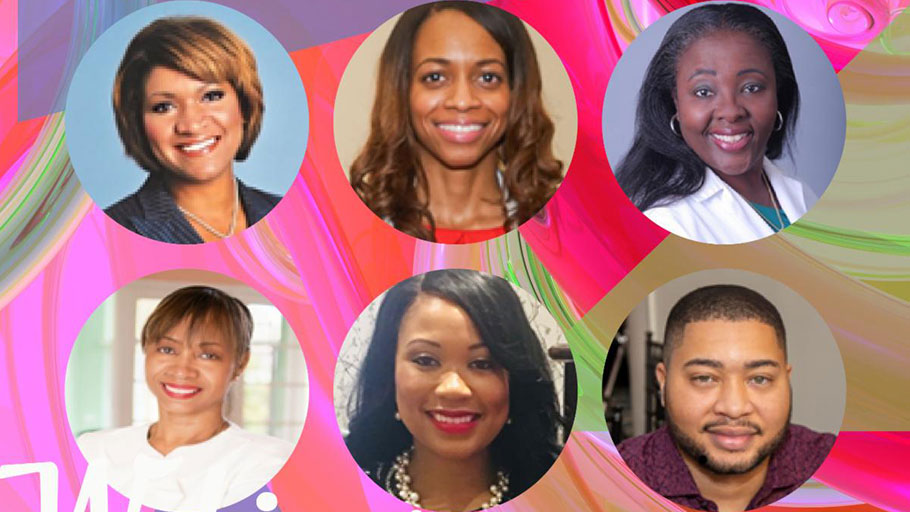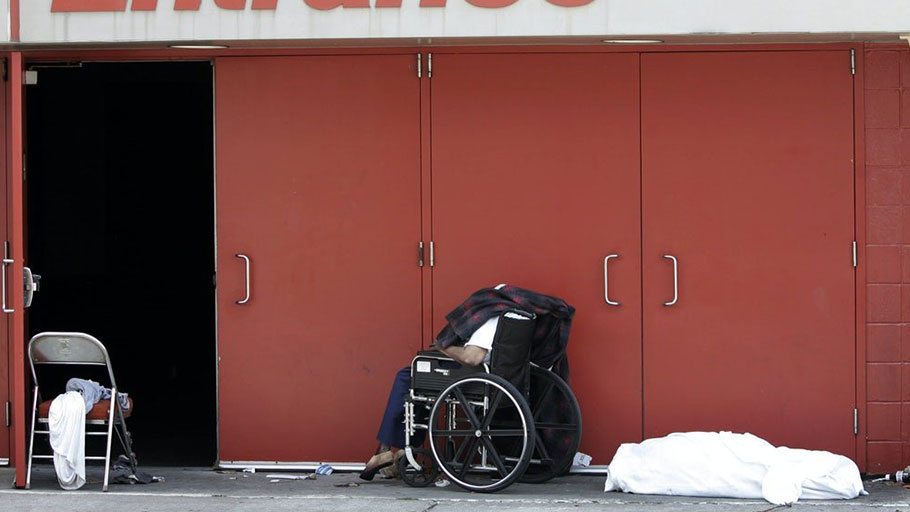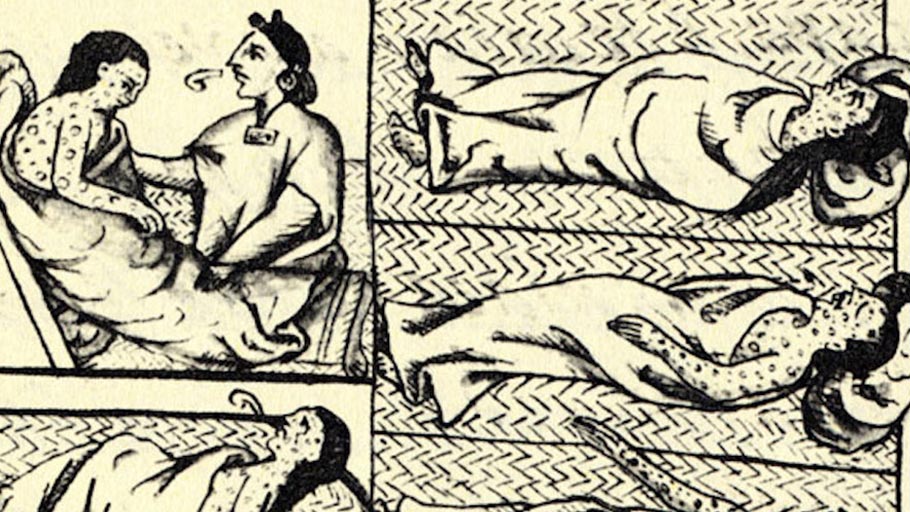
But When Cortés’s Soldiers Arrived Carrying a Novel Virus, the Empire First Succumbed to Smallpox and Then Fell to Spain. By David Bowles, Zocalo Public Square — Every civilization eventually faces a crisis that forces it to adapt or be destroyed. Few adapt. On July 10, 1520, Aztec forces vanquished the Spanish conquistador Hernán Cortés and his men, driving them from Tenochtitlan, capital of the Aztec empire. The Spanish soldiers…

